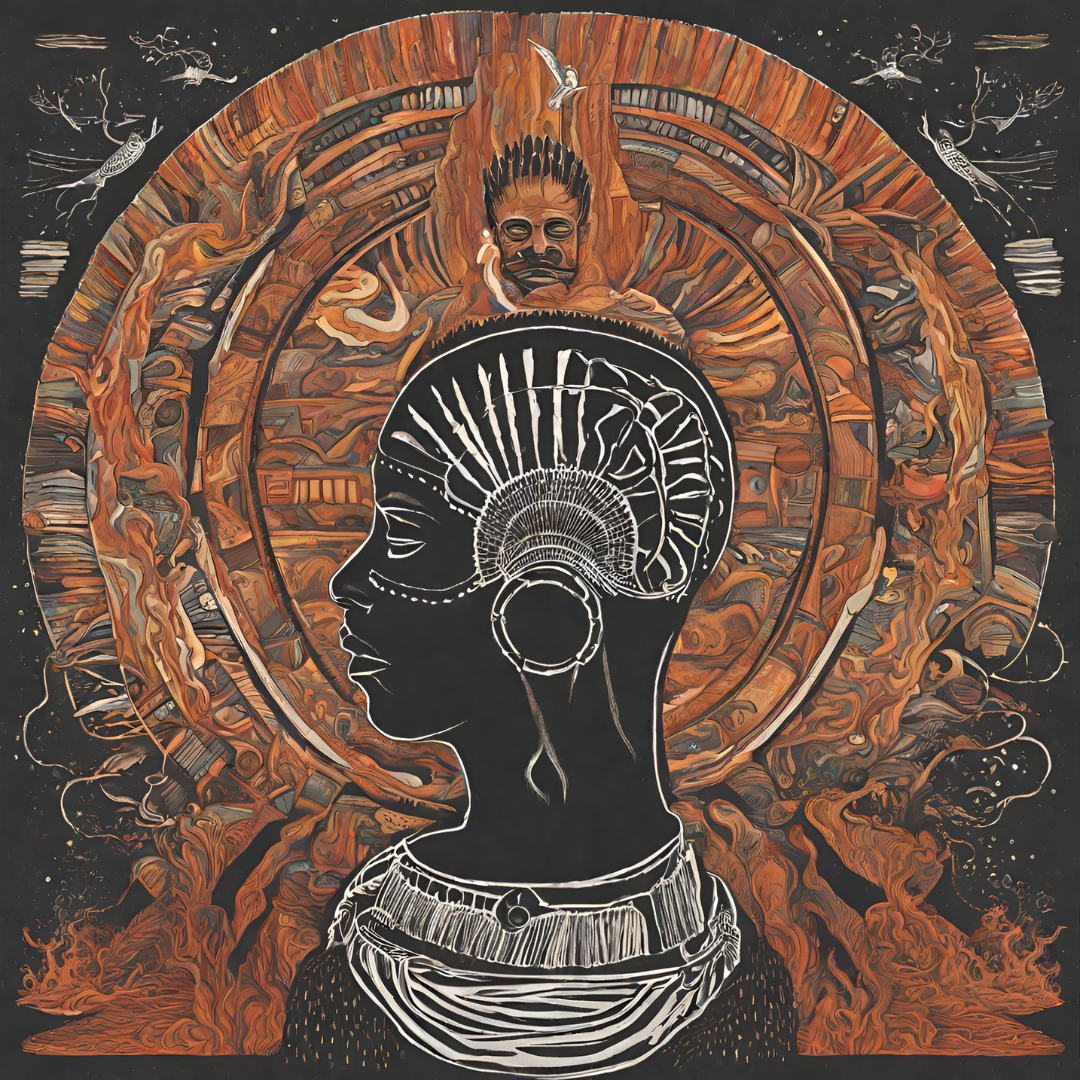The Role of Breathwork in Decolonising the Mind
To be able to fully grasp the power of breathwork for decolonial healing, we must first understand what a colonised mind is. We have all been conditioned under a certain set of values: we have all been taught how to be in society, what we should do, how to earn a living, how to be ‘successful’, where knowledge comes from, how to learn, who to love and so on.
Many of us have accepted these values without question, or maybe some of us question but not enough to bring change into the choices we make.
These values are reflections of a colonial imagination, they are steeped in an idea of civilisation borne out of capitalism, patriarchy and racism.
To decolonise your mind, in essence means to actively participate in creating value systems for yourself that are in alignment with how you wish we lived collectively. To not be ruled by the ways other people (often, those in power) see you and what they think you should do with your life.
There are 3 ways that breathwork can be helpful to decolonise your mind. The first is to reconnect with inner wisdom, the second, to enhance emotion awareness and empathy and the third, to cultivate mindfulness and presence. Allow me to go further below:
Reconnecting with Inner Wisdom
Breathwork facilitates a deep connection with the inner self, bypassing the rational mind that is often saturated with colonial thinking. This practice can help individuals tap into intuitive knowledge that is less influenced by external societal constructs. Engaging in breathwork allows for a mental space where one can question ingrained beliefs and narratives, fostering a mental environment ripe for decolonisation.
Enhancing Emotional Awareness and Empathy
By regulating the nervous system and calming the mind, breathwork enhances emotional awareness and empathy. This increased sensitivity can lead to a better understanding of how colonial mental structures affect not only oneself but also others, particularly those from different cultural backgrounds. Empathy fostered through breathwork can be a driving force in embracing and respecting diverse worldviews and experiences.
Cultivating Mindfulness and Presence
Breathwork encourages mindfulness and the ability to live in the present moment. This state of presence is crucial for decolonising the mind, as it allows individuals to perceive reality more clearly, without the filters of past conditioning and future anxieties shaped by colonial narratives.
Practical Breathwork Exercises
To initiate the process of decolonising the mind through breathwork, one might begin with practices such as:
Diaphragmatic Breathing: Focuses on deep, rhythmic breathing that promotes a state of calm and centeredness, helping to clear the mind of cluttered thoughts influenced by external pressures.
Box Breathing: Known for its effectiveness in stress reduction, this technique involves breathing in, holding, exhaling, and holding again, all for equal counts, facilitating mental clarity and focus.
You can also read: The Importance of Breath Functionally
Areas for Further Research and Examples
While the theoretical foundation for using breathwork as a tool for mental decolonisation is strong, empirical research specific to its efficacy in this area is still needed. Studies that explore the psychological impacts of regular breathwork practice on unlearning colonial mental structures would provide valuable insights. Additionally, documenting and analysing personal narratives from diverse individuals who engage in breathwork could offer qualitative evidence of its benefits in mental decolonisation.
Conclusion
Decolonising the mind is a vital step toward creating a more equitable, just, and diverse society. Through the practice of breathwork, individuals can begin to dismantle the deep-seated colonial structures that influence their thinking and embrace a more holistic, interconnected, and respectful worldview. As we continue to explore and validate the benefits of breathwork, it remains a promising avenue for personal and collective transformation in the journey toward decolonisation. If you’re curious about decolonising your mind through breathwork, you can begin gently with Inspire Breathwork’s Free Guided Breathwork and explore how it supports your inner awareness.

